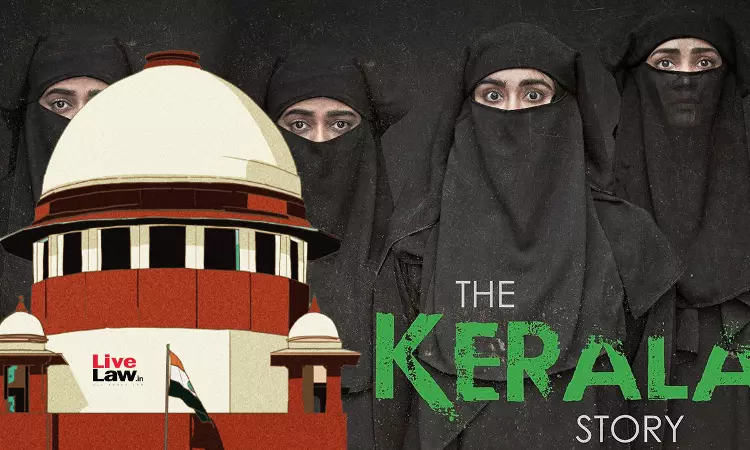The Supreme Court on Friday issued notice to the States of West Bengal and Tamil Nadu on a writ petition filed by the makers of the controversial film 'The Kerala Story' challenging the decision of the West Bengal Government to ban the movie. The makers also alleged that the movie was facing a 'shadow' ban in Tamil Nadu and sought protection for screening the film in the southern state.A...

